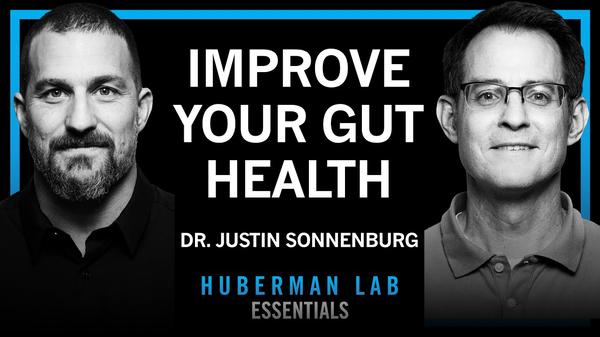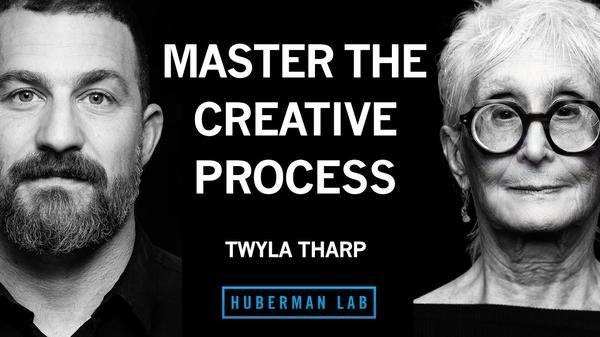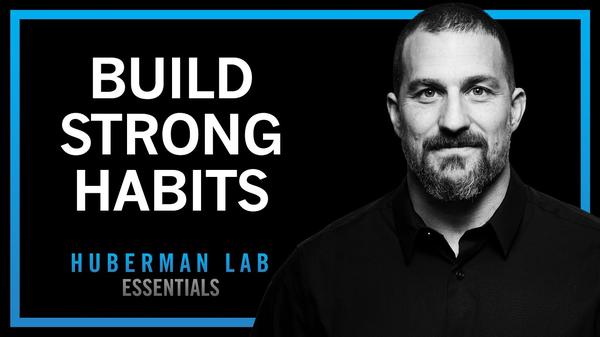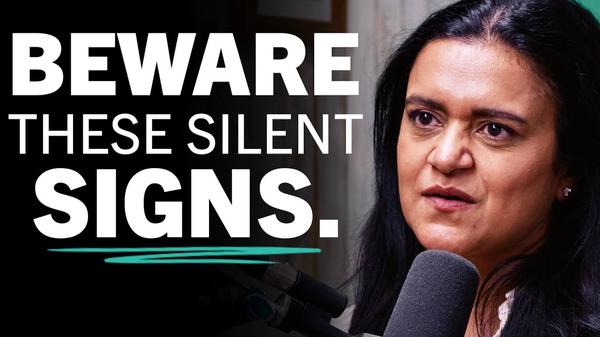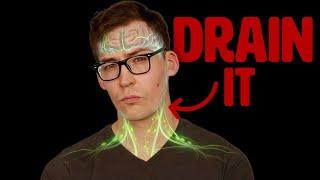
How to Master Growth Mindset to Improve Performance | Dr. David Yeager
Andrew Huberman
Apr 15, 2024
Mindsip insights from this episode:
Recognize hyper-criticism as a defensive strategy
People who are constantly critical of others may be operating from a fixed mindset, attacking others as a defensive strategy to avoid having their own flaws exposed.
Leverage emotions to train your rational brain
Modern neuroscience suggests that emotional brain regions often act as the teacher, training the prefrontal cortex on how to best pursue goals.
Frame tasks as contributions to others for greater persistence
Studies show that framing a difficult task as a way to contribute to others leads to greater persistence than framing it as a way to achieve personal gain.
Recognize limitations of wearables in tracking mindset states
Wearable devices that track stress can't distinguish between positive, high-arousal 'challenge' states and negative, high-arousal 'threat' states.
Break the cycle of stress about being stressed
The physical feeling of stress is a secondary stressor that our brain must interpret, often leading to a negative loop of being stressed about being stressed.
Persuade others to change your own mind
One of the best ways to change your own mind about something is to try to persuade somebody else of that idea, a technique called 'saying is believing.'.
Adopt a growth mindset to learn from top performers after failure
After a failure, a growth mindset prompts you to learn from top performers, while a fixed mindset leads you to compare yourself to lower performers to protect your ego.
Embrace growth mindset to unlock potential with support
The core idea of growth mindset is that your potential can change with the right support, not that you can do anything simply by trying harder.
Reframe struggle as noble act through contribution
When your goal is to help others, the effort itself becomes rewarding because the struggle is reframed as a noble act rather than a sign of personal failure.
More from
Andrew Huberman
You also might be interested in
The Hidden Damage That Happens "Behind-The-Scenes" In The Adult Entertainment Industry, With Former Adult Actress Felicity Feline
The Science of Erotic Altered States | Biohacking Sex
Neuroscientist: If You’re Feeling THIS, You’ve Lost Touch With Your True Self
Neuroscientist: If You Feel THIS, You're Living the Wrong Life (Unlock The One You're Meant For)
Drain your Brain, Protect it from Alzheimer’s Disease



